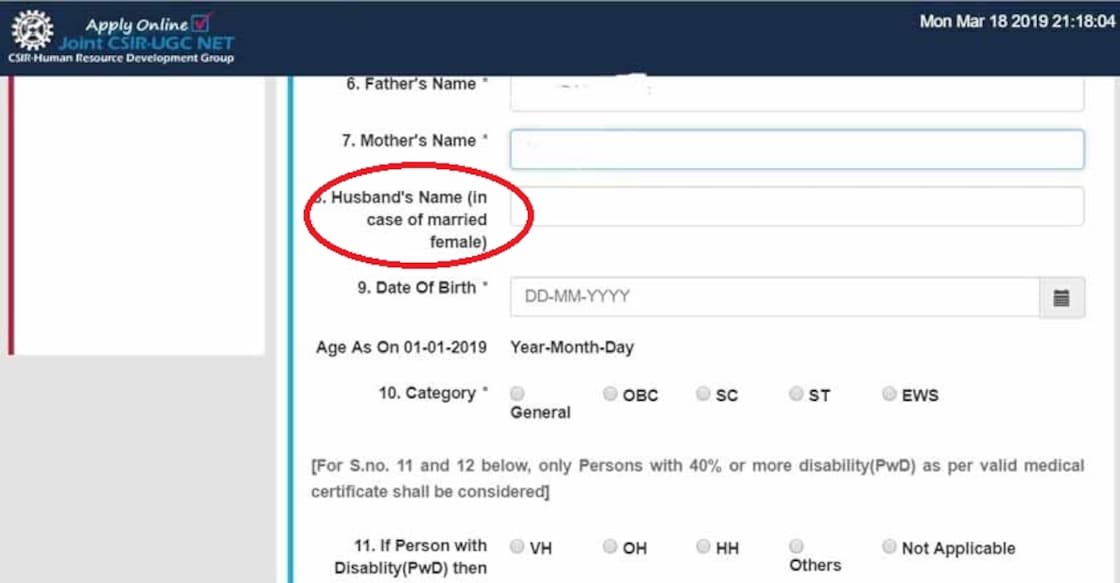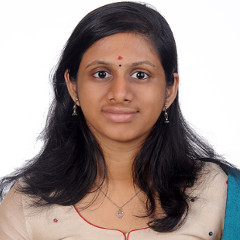We still have a long way to a gender-neutral society

Mail This Article
The Constitution of India guarantees us several rights, but it is a plain fact that those groups among the society who have had no opportunity to taste any form of power across generations continue to engage in struggles to meet their needs.
In such a scenario last year was definitely a milestone. The two decades of struggle against IPC Section 377 that criminalised homosexuality was finally struck down in a landmark decision by the honourable Supreme Court of India in a unanimous verdict and declared that the members of the LGBTQ community have the same sexual rights as any other citizen of the state.
Creating yet another milestone, Supreme Court also struck down IPC Section 497 that dealt with adultery not only overturning three previous rulings which had stated that the adultery law was constitutional but clearly established that husband is not the master of the wife.
Section 497 stated that if a man has sexual intercourse with a married woman without her husband's consent, he is punishable by law. It was highly discriminatory towards men as the law calls for the man to be punished in case of adultery while no action is suggested for woman.
The bench denounced Section 497 as 'unconstitutional' as it violated the right to equality and pointed out there was no reason to continue this anymore.
While reading out the judgement the then Chief Justice of India Dipak Misra highlighted that women must be treated with equality with men.
With the social media-led fourth wave feminist movement reaching its peak, these progressive judgements can be definitely taken as a positive sway towards a general neutral social structure. However the positive revolution has not entered every realm of the society which includes the academic and governmental sectors in real sense.
Recently, the Council of Scientific and Industrial Research (CSIR), India, had released its notification for the June 2019 session of the Joint CSIR-UGC Test. The questions raised in the application form are worth a close scrutiny. Like any other form it asked for the candidate’s name, father’s name, mother’s name, date of birth and other mandatory details and contact information that benefit all when a need arises. However, the eighth question, an optional one, asked for the husband's name in case of female married candidates.
Definitely with repealing of Sections 377 and 497 Indian Judiciary opened the doors of a more liberal world for its citizens. However, our society is blinded by the logic of patriarchy and even the application forms of prestigious institutes reek of patriarchal attitudes. Interestingly, in a recent case at the Delhi High Court, the Centre and the Indian Army told the court that the right to marry is not a fundamental right and its not proven that life would be miserable without marriage!


